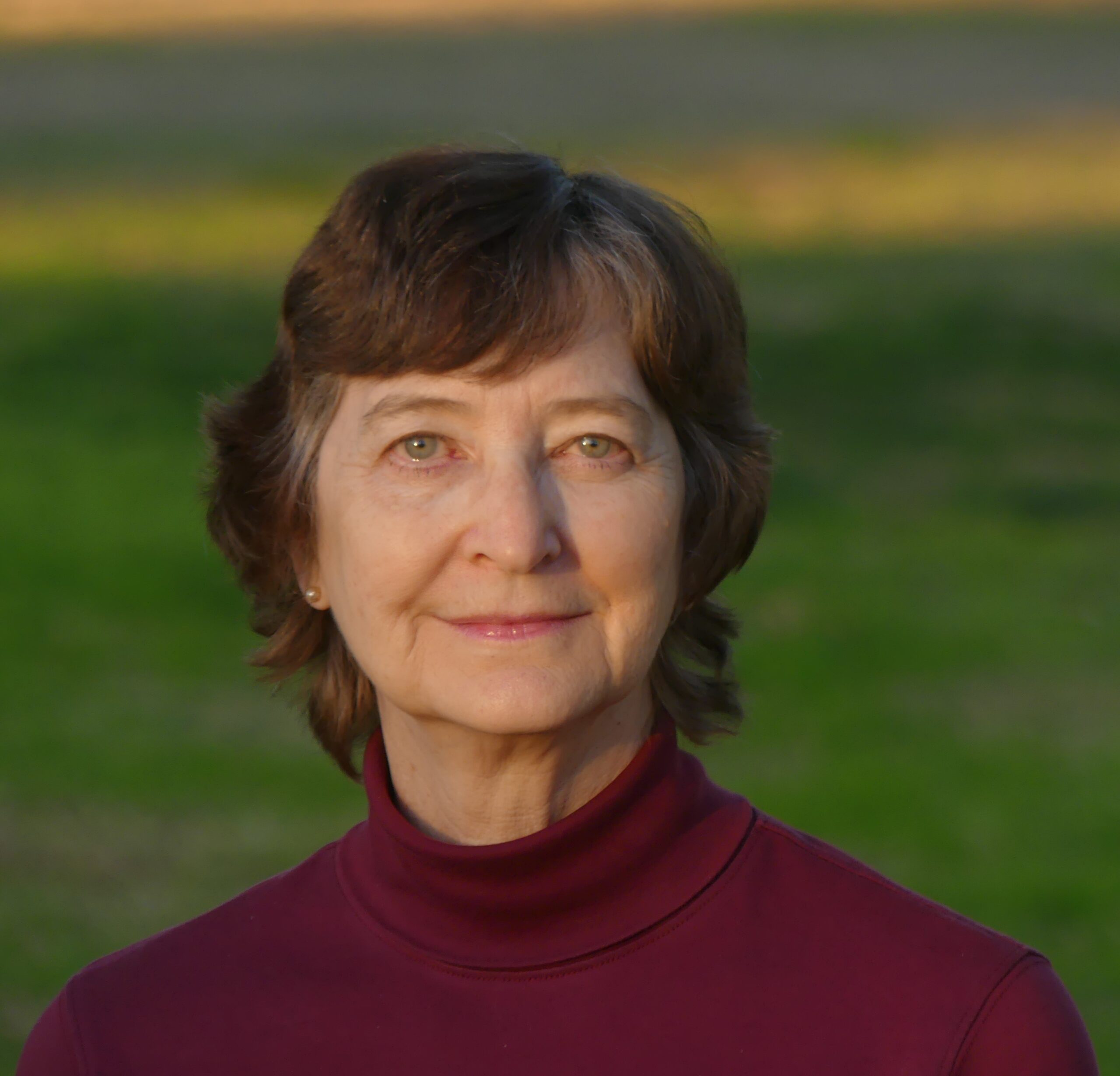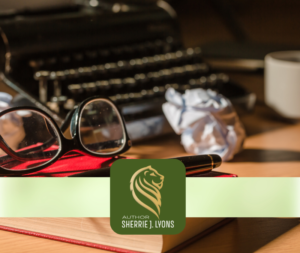
Part 4: My Current Relationship with Books
This is the final part of an essay that explains how the author could be a good writer even though she wasn’t a “reader.”
I’ve attended authors’ book signings where the question, “Who are your favorite or most influential authors?” was asked. I witnessed one author pull out a list, and I sympathized with him. I have a terrible time remembering the names of authors and books. If put on the spot, I would have difficulty naming even ten authors. The truth is that I was never a “reader.” I hear your gasps! You’re wondering how I could be a writer if I wasn’t a reader. More to the point, how could I be a good writer if I wasn’t a reader?
Royalty meets reality, The Tragedy at Cambria
– Sherrie J. Lyons
I grew up with books. My father liked to give them for Christmas. Unfortunately, many of them were too advanced for me. Some would have needed to be read to me, and I have no memories of my parents reading to me—ever. When I was seven, Dad chose Raggedy Ann Stories. It was Heidi when I was 10, and Sonnets from the Portuguese when I was fourteen. They may be considered “must reads” for every American girl, but the stories and poems were of little interest to me, probably because they were so old. The sonnets book was a collection of forty-four love poems written by Elizabeth Barrett Browning around 1846. The first sonnet begins, “I thought once how Theocritus had sung.” Who the heck was Theocritus? I would like to say that the sonnets influenced my writing of The Tragedy at Cambria, but alas, that was not the case. I never read past that first line.
School experiences with books were no better. When I was in first or second grade, my class went to the library to choose books. We had to okay them with the teacher, and when I presented my first one, she shook her head, saying it was too easy for me. I presented the second one and pleaded, “But two easies make a hard.” I don’t remember if she relented and let me check out those books, but I also don’t remember her walking me over to a shelf and suggesting appropriate books that might interest me. In essence, she failed me. Maybe this early experience turned me off to reading.
This next experience is super embarrassing: Around fifth grade, we were assigned to read a non-fiction book. I chose one about the underground railroad. I read that whole book and at the end was dismayed that there was no subterranean railroad in it. I was expecting some kind of underground monorail, and all I got was a book about slavery!
Lastly, my sixth-grade English teacher inadvertently discouraged me from reading chapter books. He held the erroneous idea that in junior high the teachers required students to write book reports that included a summary of each chapter in a book, so to prepare us, he required the same. Consequently, I looked for the books with the fewest number of chapters. Subject matter became irrelevant.
Part 2 of this blog post will describe some of my junior high and high school book experiences and bring you a little closer to the answer to the title question.
©2023 Sherrie J. Lyons

Sherrie has written works in a variety of genres. The Tragedy at Cambria is her first play. It was originally published in an online journal, the Oregon Literary Review. Her first novel, Luke’s Legacy, was a sci-fi/fantasy story written in the Star Wars universe.
Check out the latest adventures . . .

This is the final part of an essay that explains how the author could be a good writer even though she wasn’t a “reader.”

This is Part 3 of an essay that explains how the author could be a good writer even though she wasn’t a “reader.”

Part 2 of the Editing Experience essay describes the author’s experience as a writer who hired an editor.

“I have written works in a variety of genres, but the two stories currently available to the public are a play titled The Tragedy at Cambria and a coming-of-age novel called The Adventures of Miss Becky McCoy.”
© 2023 Author Sherrie J. Lyons • All Rights Reserved
Website Created by Stride Marketing Solutions